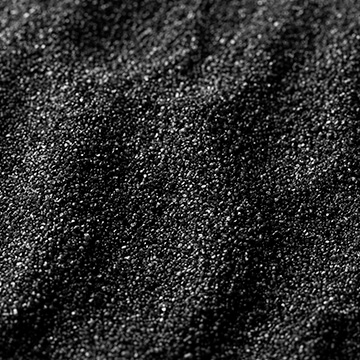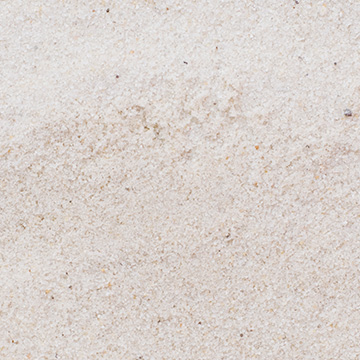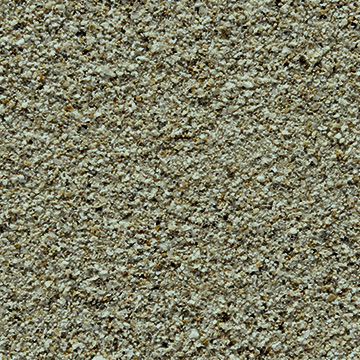special sands
...........

chrome sand
................
Chrome Sand is often used in the moulds for automotive castings, like engine blocks and camshafts, but it is preferred for many other foundry uses because of its resilient characteristics. Chrome Sand is also used as a primary material in the production of green glass, in well fillers, and to augment the refractory fire brick technology in cement manufacturing and a component of making ladle sand
• High heat tolerance makes Chrome Sand perfect for many foundry uses
• Minimises the chance of mould penetration
• Resists slag attack
• Can be used with resin bonding systems and inorganic binders
• Compatible with castings that require fast cooling

zircon sand
................
Zircon sand is the most heat-resistant out of all common foundry sands and is used as a facing sand for cast iron and steel, as a basic mold material for precision casting and as a component in highly refractory mold face coatings by reason of its much lower thermal expansion compared to quartz sand.
• Its high thermal conductivity allows higher cooling rates than other mould materials, which also results in a better surface finish.
• The higher dimensional accuracy and better surface finish achieved through the use of zircon minimises post-casting operations such as machining and cleaning of the cast part.
• Zircon sand inserts or cores are sometimes used in quartz sand molds to force directed solidification.
• Zircon’s low wettability by molten metal increases the recoverable sand and hence the recyclability of the material.

olivine sand
................
Olivine is a valuable raw material for use in Foundries as Foundry sand for mould construction in both ferrous and non-ferrous metal casting.
Foundry sand from Olivine has an uniform low thermal expansion (0,8% at 1300 ˚C) resulting in better casting accuracy and smoother surface. Its high heat absorption and conductivity, along with its grain shape which leads to optimal porosity, help degasing during casting. Olivine is compatible with non-organic binders such as Betonite, demands small quantities of water and is suitable for use in an alkaline resin bonded system.


